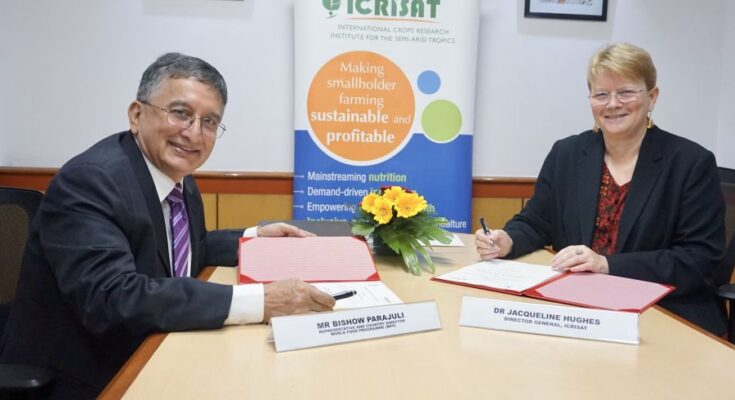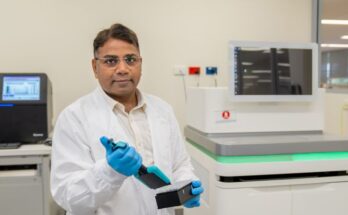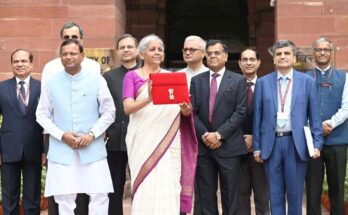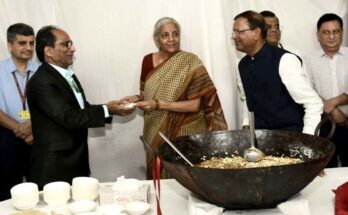New Delhi/Hyderabad – The United Nations World Food Programme (WFP) and the International Crops Research Institute for the Semi-Arid Tropics (ICRISAT) will partner on programmes and research to improve climate-resilient food security, nutrition and livelihoods in India against the impacts of climate change.
For this, a memorandum of understanding (MoU) was signed recently between Bishow Parajuli, WFP India Representative and Country Director, and Dr. Jacqueline Hughes, Director General, ICRISAT.
“This is a strategic partnership between the WFP and ICRISAT as both are aligned by their vision of food security, especially for the poorest and most vulnerable communities. It comes on the day that the pioneering UN Food Systems Summit kicks off in New York. The increasing/frequent climate crises and shocks such as the Covid-19 pandemic have worsened global hunger, threatening food security, nutrition and the livelihoods of millions,” Parajuli said.
You may also like: Enabling policy environment can realise full benefits of gene editing for Indian agriculture
“This partnership strengthens efforts to bring together science, knowledge and implementation frameworks to bolster food security, nutrition and livelihoods that are resilient to climate change,” he added.
“Climate-resilient food security, nutrition and livelihoods, especially for smallholder farmers and ecologically vulnerable communities, are focus areas for ICRISAT, and with this partnership, we aim to generate ideas and frameworks for policy positions relevant not just for India but regionally and globally,” Dr. Hughes said.
“The latest IPCC (Intergovernmental Panel on Climate Change) report has sounded an alarm over the impact of climate change on agriculture and food security. A significant part of this partnership will be focused on vulnerability analysis at the state level in India and will be directed towards evolving a sustainable food systems approach,” she added.
WFP in India and ICRISAT will work jointly to promote research, advocacy and awareness-raising on traditional nutritious crops, undertaking food and nutritional security analysis, and adaptation strategies, among other engagements.




